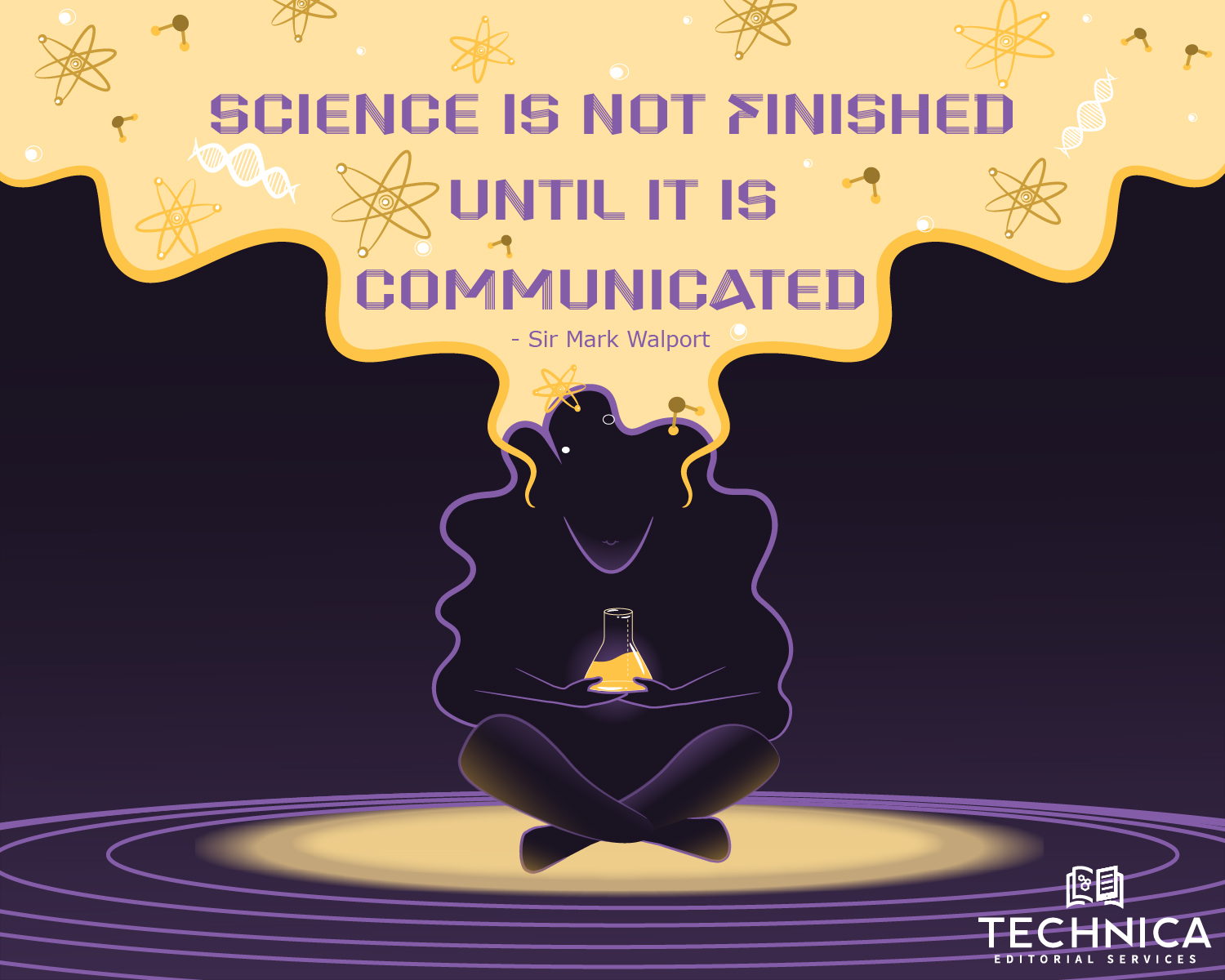Science touches and intertwines through all of our lives, making us stakeholders in many scientific arenas. Most recently, the race to tackle COVID-19, coinciding with a shift in open access policies of institutional research around the globe, has reminded us of the momentous significance of scientific research.
Although science is part of our daily lives and is reported on regularly in the news, why is it that many members of the general public do not trust scientific knowledge or even deny its existence? Celeste Kidd, a UC Berkeley computational cognitive scientist, explains that people rely on the beliefs of others to form their own opinions. Scholars of science and society have identified varied factors that correlate with society’s distrust of science, including religious beliefs, levels of education, political affiliations, socioeconomic status, and psychological orientation. People are prone to reject information that contradicts their doctrines and formulated beliefs. Accordingly, controversy has surrounded such issues as vaccines, GM crops, climate change, and endocrine-disrupting chemicals in the environment. A recent American Community Study showed that only a third of Americans trust scientists.
A history of global health-related crises can be linked to a distrust in science; a recent example includes illnesses and deaths following decisions made by parents not to vaccinate their children. Adoption of disinformation released by nonscientists and a widespread misunderstanding of science influenced parental decisions. Now, with COVID-19, it has become crucial for the spread of disinformation to be avoided. During a national address on COVID-19, Dr. Patrice A. Harris, president of the American Medical Association, said that misinformation about COVID-19 is spreading rapidly due to fear, as well as various political agendas.
Maryam Zaringhalam, who is a molecular biologist and Data Science and Open Science Officer at the National Library of Medicine in the National Institutes of Health (NIH), has taken on a mission to help shift the way that scientists are perceived by working with The Story Collider, for which she is a senior producer and show host. The Story Collider is a nonprofit group “dedicated to true, personal stories about science.”
Starting with how people form opinions, Zaringhalam argues that the qualities of people deemed to be trustworthy include warmth and competence; however, we typically view scientists as being competent yet cold.
The question in hand becomes how can we turn this situation on its head so that scientists gain public trust, showing that they share the same values as other members of society? According to Zaringhalam, storytelling is an important approach to bridge the gap between scientists and the rest of the general public. Executive producer of The Story Collider, Liz Neeley, recently told National Public Radio that on functional MRI scans, many different areas of the brain light up when someone is listening to a narrative. Neeley’s statement aligns with brain science that explains how storytelling connects people and can alter core beliefs. Through podcasts and live shows, The Story Collider gives scientists a platform to share their personal fears, hopes, truths, values, and personal passions. The shows have the two-fold effect of allowing the public to see themselves reflected in science and encouraging scientists to improve their communication skills.
Innovative approaches to humanize scientists and bring them into the public spotlight, such as the creative venture taken on by The Story Collider, paired with an intentional push to eliminate harmful disinformation, will help scientists to effectively communicate research during times when trust in scientific evidence is necessary to overcome vast public health challenges such as COVID-19. These organizations can provide platforms for finding common ground, but the responsibility is with all of us to influence decision makers such as business leaders, federal officials, academic institutions, and the media.
How have you participated in the effort to boost public confidence in scientists? We’d love to hear about your experience. Please leave a comment in the section below!





